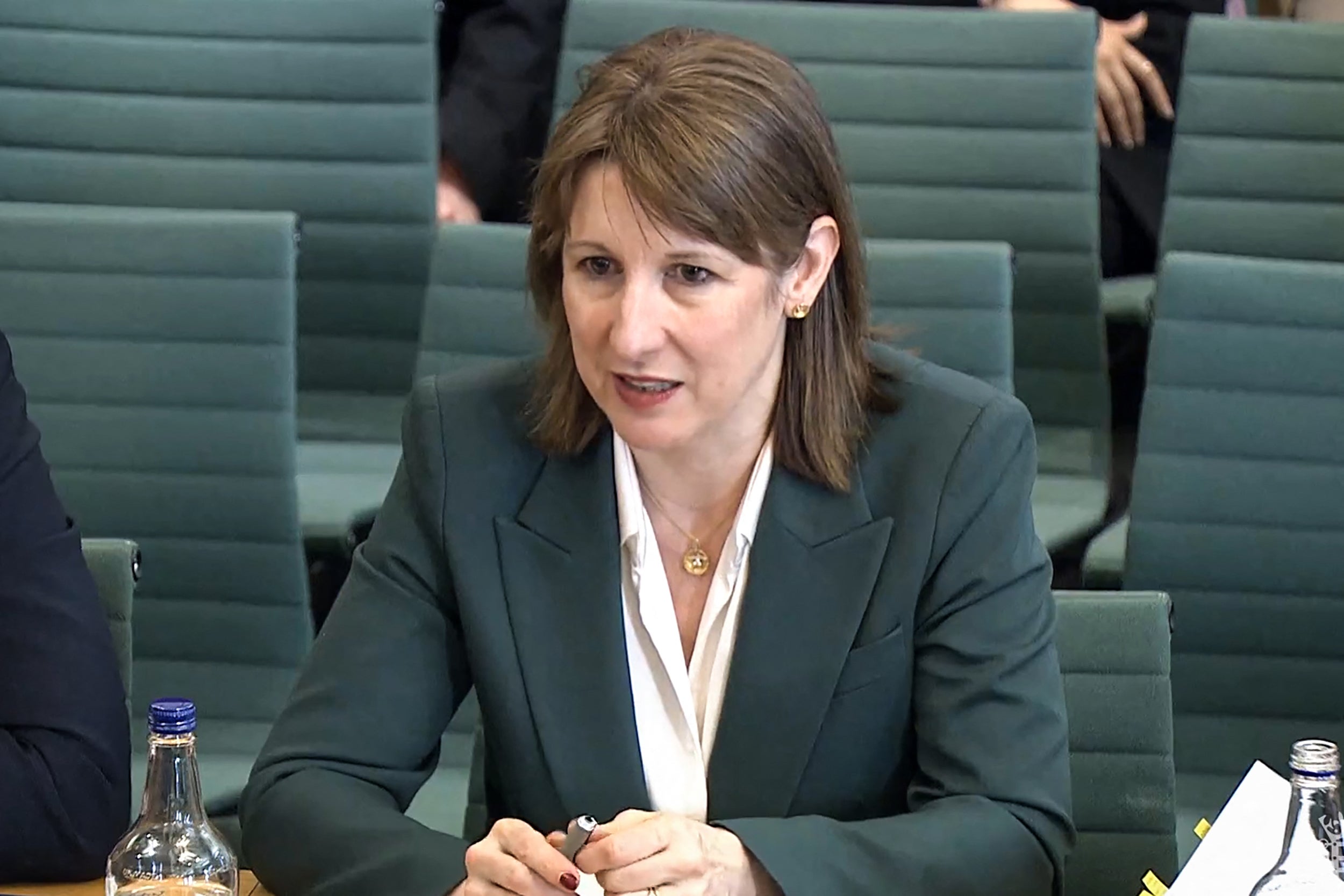Cash Isa changes are coming, confirms Rachel Reeves

The work is destined to press in front of controversial Reforms to collect Isa While Chancellor Rachel Reeves confirms that the work is underway in the treasure.
Ministers are believed to be trying to lower the annual amount that savers can invest in theirs Isa in cash exempted In an attempt to encourage them to consider instead of investing in shares, such as an ISA title and actions. Some economists have even supported the Current £ 20,000 threshold to be cut to only £ 4,000.
Speaking with the common treasury committee of April 2, the chancellor said that he does not want to “hurry” the changes but added: “I think the reform would be useful and that’s what we are looking at the moment”.
“I mean that I recognize the importance of money for many people,” he said. “Yeah, you can save in a savings account and part of this is exempt from taxes, the interests on this are exempted and we have also obtained the isa limits.
“But I want to look at the balance, because sometimes I think it is a disservice for people who save. If you think of the inflation that we have experienced in recent years, in reality you have seen an erosion in the value of your savings in real terms.”

Any important reform would probably require legislative change. This means that the next possibility for the full treasure plan for the revelation of Cash Isas will be per this year Autumn budgetwith consultations in progress in the meantime.
While the chancellor did not mention the reforms of the Isa in cash during his spring declaration, the accompanying document confirmed: “The government is looking for options for reforms for individual savings accounts that obtain the right balance between cash and actions to earn better returns for savers, increase the culture of retail investments and support the growth mission”.
What is an ISA?
A Isa is a tax efficiency vase that can contain in cash or investments. Since 2017, the owners have been able to add up to £ 20,000 per year to their account or accounts (combined if different) and will not be taxed on interests, capital gains or income from dividends generated.
When the ISAs were introduced in 1999, the total annual limit was £ 7,000, of which only £ 3,000 could be in an ISA in cash. This started to climb in 2008 before hitting £ 20,000 in 2017.
More than 18 million people hold savings in an ISA in cash, with about £ 300 billion preserved in them. Savings suppliers have declared to prepare to oppose a move to reduce the deposit limit on an ISA in cash.
Responding to Labor’s Spring Declaration, the CEO of the Leeds Building Society Richard Fearon said: “We remain concerned about the long -term threat of a reduction in the Isa in cash.
“Reducing the amount that can be saved would have significant effects on savers, mortgage rates and wider goals to increase the size of the common sector.
“We will continue to present the case on behalf of our members for keeping the current rules, whether this happens as a single modification or part of the larger Isa reforms.”

Rachel Springall, an expert in MoneyfactScompare.co.uk’s finance expert said: “There will be savers out there that they don’t want to be forced to put their money earned hard in a pot that could be at risk.
“An ISA of shares and shares is suitable for those who intend to invest in the long term, since the performance of the fund can float on short -term times.
“However, in the long term, the Isa actions and actions can exceed cash in cash and beat inflation, but there is never a guarantee that the funds will perform well.”
Meanwhile, the Commercial Group La Building Societies Association has previously warned the chain impacts of the curbs of the Cash ISAs. Banks and construction companies use deposits to finance loans to families and businesses.
The association warned that reducing them would mean less money that flows in banks and construction companies, which would limit loans and push mortgages prices.
Even the founder of the money saving expert Martin Lewis recently expressed his opposition to the reduction of the ISA limit in cash to a parliamentary committee, telling them that people are “worried about what is happening”.




